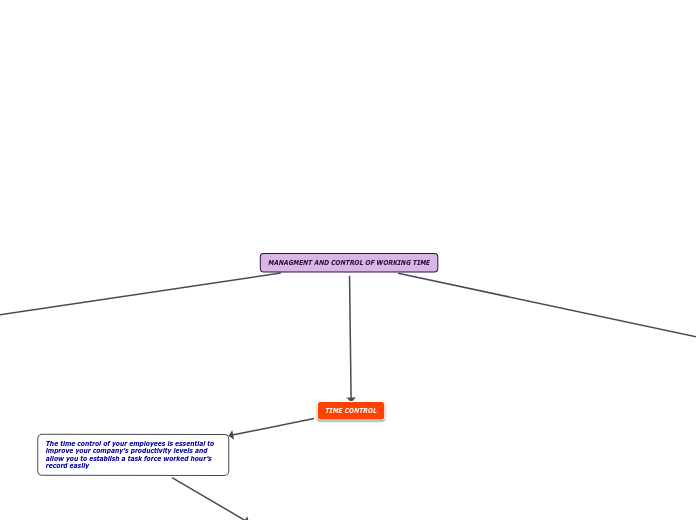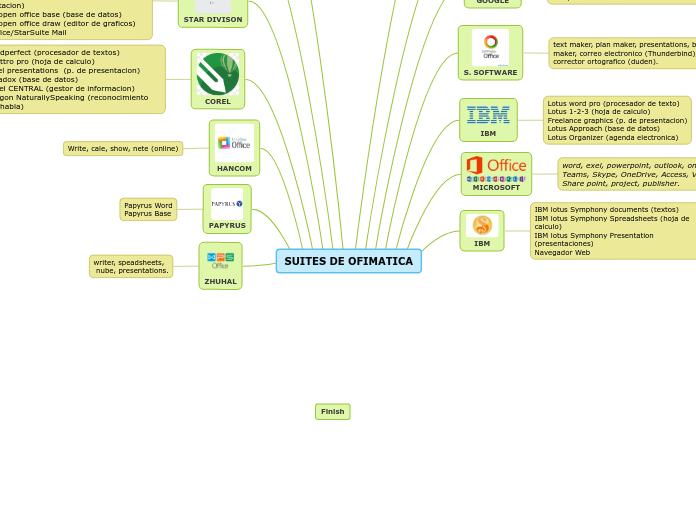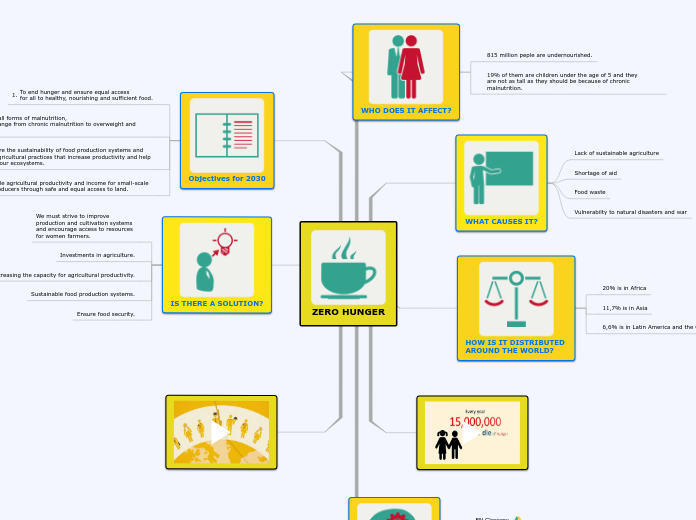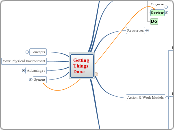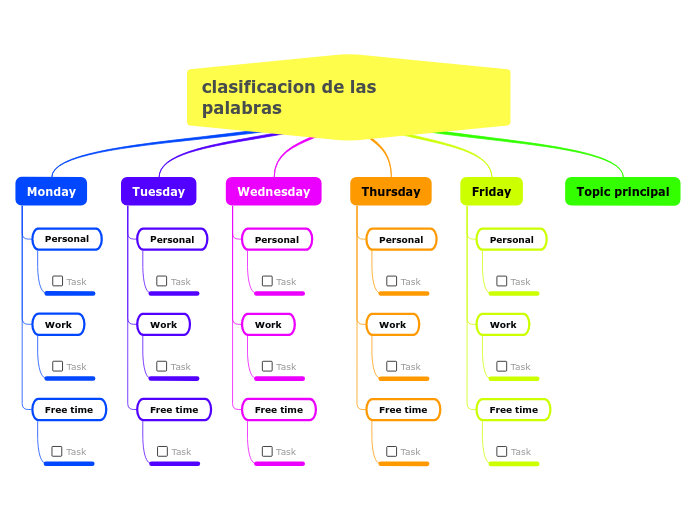MANAGMENT AND CONTROL OF WORKING TIME
WORK ABSENTEEISM CONTROL
Temporary incapacity
Absenteeism justified by temporary incapacity is controlled thanks to medical check-ups.
Absenteeism is defined as a pattern of missing work in which an employee is habitually and frequently absent from work
Absent employees impact an organization’s productivity, revenue, and costs.
TYPES OF ABSENCES
Unexcused absences
absence that was not previously scheduled or approved by the employee's supervisor
Excused absences
An excused absence from work is typically an absence that an employee schedules in advance
TIME CONTROL
The time control of your employees is essential to improve your company’s productivity levels and allow you to establish a task force worked hour’s record easily
it has been demonstrated that having an employee time control app increases workers’ productivity and allows them to find a better balance between family and work life.
Automated biometric recognition
Biometric readers recognize fingerprints, palms, face, eye…
Signing
Stamp your signature on an entry and exit sheet.
Cards
Clocking-in method with magnetic cards or RFID
WORKING HOURS AND WORK SCHEDULE
LEAVE
Holidays may be agreed individually or collectively and may not be less than 30 calendar days
Workers will be aware of the relevant holiday dates at least two months prior to their commencement
workers may take paid time off for some of the reasons
Example
• Birth of child or death,
• Moving house
• Meeting public and private obligations
REDUCTION OF THE WORKING DAY FOR FAMILY REASONS
Workers are entitled to a reduction of their working time
OVERTIME
Workers may work a maximum of 80 hours’ overtime per year
Overtime at night is prohibited,
Overtime may be remunerated or compensated for with equivalent paid rest time.
It is also prohibited for people under 18 years of age.
NIGHT WORK AND SHIFT WORK
Under-18s may not carry out night work
REST TIME
At least 12 hours must elapse between the end of one working day and the start of the following working day
15 minutes must be allowed during the day.
Workers are entitled to a minimum weekly rest time of one and a half uninterrupted days
18 years of age, the rest period is a minimum of thirty minutes
WORKING TIME
the working day is regulated by agreement between workers’ and employers’ organisations or in contracts.
average 40 hours per week maximum
The actual number of normal working hours may never exceed nine per day
Employees under 18 years of age may not do more than eight hours of actual work per day
